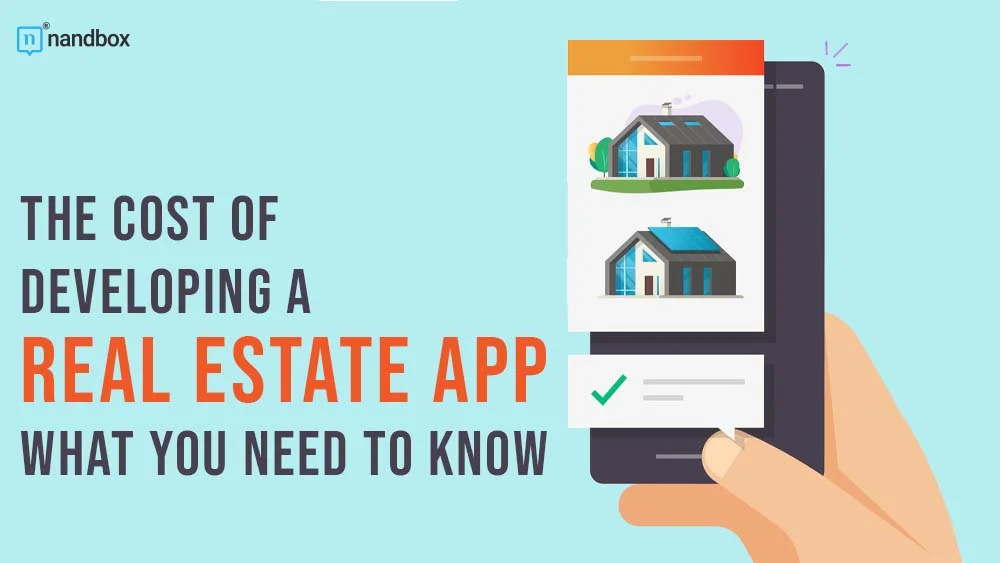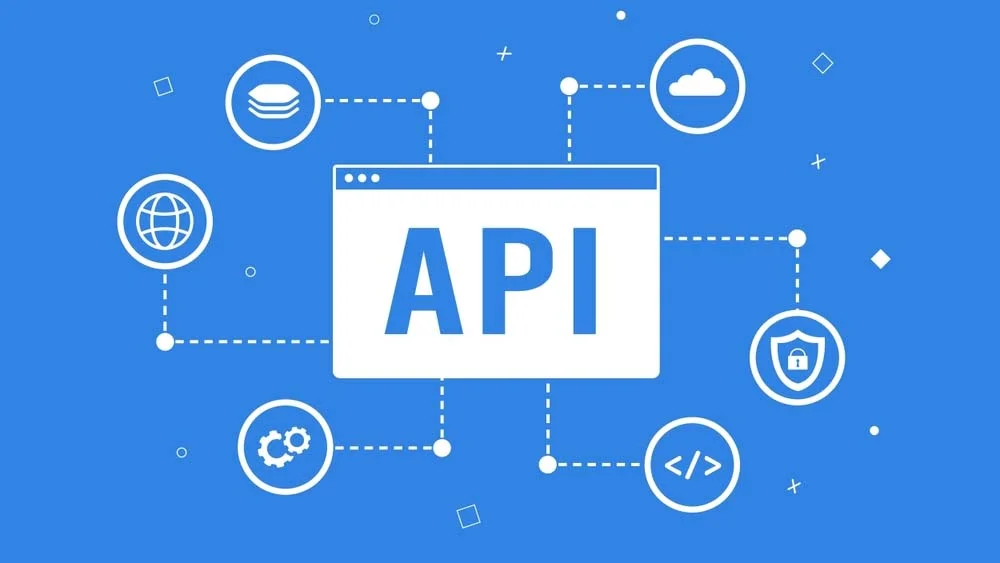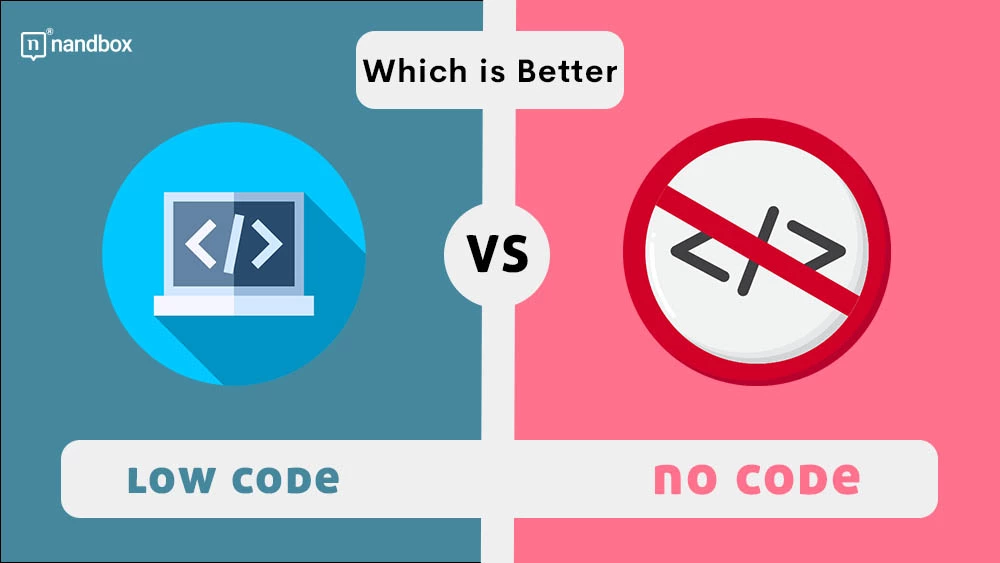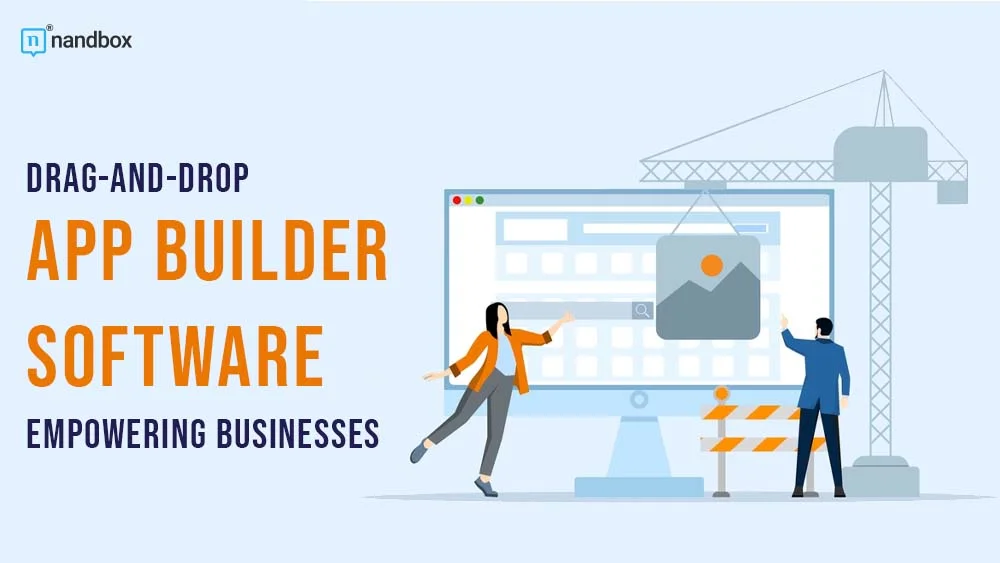In the digital age, real estate businesses are increasingly turning to mobile applications to enhance service delivery and client engagement. A well-designed real estate app can provide users with extensive property listings, detailed information, interactive maps, and various tools for buyers, sellers, and real estate professionals. Developing such an app, however, involves several complexities and costs that need to be carefully considered. This article offers a comprehensive look at the factors influencing the cost of real estate app development and provides insights to help you estimate the expenses for your project.
Understanding the Scope of Real Estate App Development
Real estate apps can vary significantly in their complexity and functionality. Basic apps may simply list properties with photos and descriptions, while more advanced apps might include features like virtual tours, advanced search filters, real-time notifications, CRM integrations, and even AI-driven analytics for market and investment insights. For agencies, integrating a real estate CRM can streamline client management, further enhancing the app’s effectiveness.
Key Features of a Real Estate App
- User Registration and Profiles: Personalized user experiences that cater to buyers, sellers, agents, and brokers.
- Property Listings: Detailed views with high-quality photos, videos, and information like price, location, size, and unique features.
- Search Functionality: Robust search engines with filters based on various parameters such as location, price range, property type, and more.
- Maps and Geolocation: Integration with mapping services for property directions and exploring neighborhood facilities like schools, malls, and hospitals.
- Communication Tools: Features for users to contact real estate agents directly through the app via messaging or calls.
- Virtual Tours and Galleries: Immersive virtual reality tours of properties.
- Documentation and Transactions: Tools to manage documents related to property transactions securely.
- Analytics and Reporting: For agents and sellers to track the performance of their listings and gain market insights.
Factors Influencing Real Estate App Development Cost
1. Platform Choice (iOS, Android, or Cross-Platform)
The choice of platform can significantly affect development costs. Native apps for iOS or Android tend to provide a better user experience and performance but developing an app for both platforms separately can be more expensive than opting for a cross-platform solution.
2. Feature Complexity
The more features you decide to include in your app, the higher the development cost will be. Advanced features like AR-based virtual tours or AI-driven investment insights require more sophisticated development skills and technologies, which can increase costs.
3. Design and User Experience
A good user interface (UI) and user experience (UX) are crucial in real estate apps to help users navigate through extensive property listings effectively. Custom designs and animations can enhance appeal but also add to the development time and cost.
4. Backend Infrastructure
The backend of a real estate app is critical as it handles data management, user authentication, notifications, and other server-side functions. Building a scalable and secure backend increases the overall cost but is essential for app performance, especially if the app handles a large volume of listings and user data.
5. API Integrations
API Integration of third-party services, such as payment gateways, mapping technologies, or CRM systems, adds functionality to your app but also contributes to the cost depending on the complexity of the integration.
6. Maintenance and Updates
The initial development cost is just part of the financial investment. Ongoing maintenance, updates, bug fixes, and compliance with regulatory changes contribute to the total cost of ownership.
7. Marketing and Launch
Successfully launching a real estate app also involves marketing expenses. Budget for app store optimization (ASO), promotional activities, and potential real estate advertisement campaigns to ensure a successful launch.
Estimated Cost Breakdown
While it is challenging to provide an exact figure without knowing the specific requirements, here is a rough estimate of the costs involved in real estate app development:
- Basic App (minimal features, single platform): $20,000 – $40,000
- Mid-Level App (more features and integrations, possibly cross-platform): $40,000 – $80,000
- Advanced App (high-end features, custom designs, multi-platform): $80,000 – $150,000+
These figures are indicative and can vary based on the factors discussed above. It’s advisable to consult with a professional app development company to get a detailed quote based on your specific requirements.
Conclusion
Developing a real estate app is a substantial investment that can significantly enhance the way real estate businesses operate and engage with clients. The cost of developing such an app depends on various factors, including the complexity of features, design specifics, platform choice, and more. By understanding these factors and planning accordingly, you can set a realistic budget for your project and ensure that your real estate app meets both your business objectives and user expectations. As the market continues to evolve, investing in a robust real estate app could be the key to gaining a competitive edge in this bustling industry.




